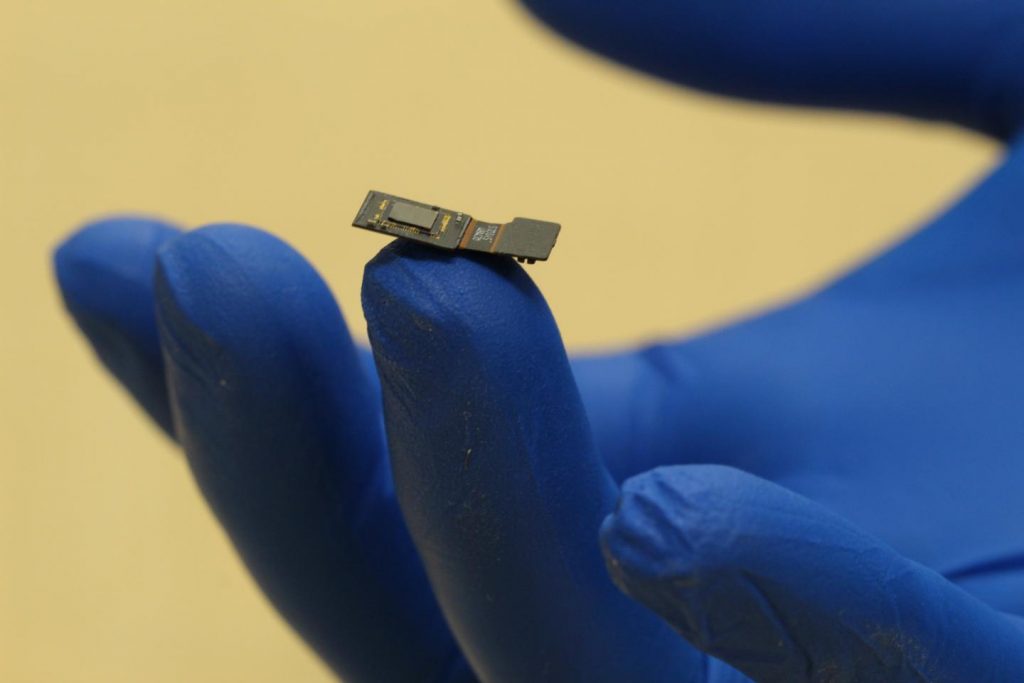A. Mousavi, G. Dasarathy, R. G. Baraniuk, “DeepCodec: Adaptive Sensing and Recovery via Deep Convolutional Neural Networks,” arXiv:1707.03386, July 2017.
We develop a novel computational sensing framework for sensing and recovering structured signals called DeepCodec. When trained on a set of representative signals, our framework learns to take undersampled measurements and recover signals from them using a deep convolutional neural network. In other words, it learns a transformation from the original signals to a near-optimal number of undersampled measurements and the inverse transformation from measurements to signals. This is in contrast to conventional compressive sensing (CS) systems that use random linear measurements and convex optimization or iterative algorithms for signal recovery. We compare our new framework with ℓ1-minimization from the phase transition point of view and demonstrate that it outperforms ℓ1-minimization in the regions of phase transition plot where ℓ1-minimization cannot recover the exact solution. In addition, we experimentally demonstrate how learning measurements enhances recovery performance, speeds up training, and reduces the number of parameters to learn.

DeepCodec learns a transformation from signals x to measurement vectors y and an approximate inverse transformation from measurement vectors y to signals x using a deep convolutional network that consists of convolutional and sub-pixel convolution layers.

Recovery comparison of DeepCodec vs. LASSO (with optimal regularization parameter).
 Rice University engineers are building a flat microscope, called FlatScope (TM), and developing software that can decode and trigger neurons on the surface of the brain. The goal as part of a new government initiative is to provide an alternate path for sight and sound to be delivered directly to the brain. The project is part of a $65 million effort announced this week by the federal Defense Advanced Research Projects Agency (DARPA) to develop a high-resolution neural interface. Among many long-term goals, the Neural Engineering System Design (NESD) program hopes to compensate for a person's loss of vision or hearing by delivering digital information directly to parts of the brain that can process it.
Rice University engineers are building a flat microscope, called FlatScope (TM), and developing software that can decode and trigger neurons on the surface of the brain. The goal as part of a new government initiative is to provide an alternate path for sight and sound to be delivered directly to the brain. The project is part of a $65 million effort announced this week by the federal Defense Advanced Research Projects Agency (DARPA) to develop a high-resolution neural interface. Among many long-term goals, the Neural Engineering System Design (NESD) program hopes to compensate for a person's loss of vision or hearing by delivering digital information directly to parts of the brain that can process it.









